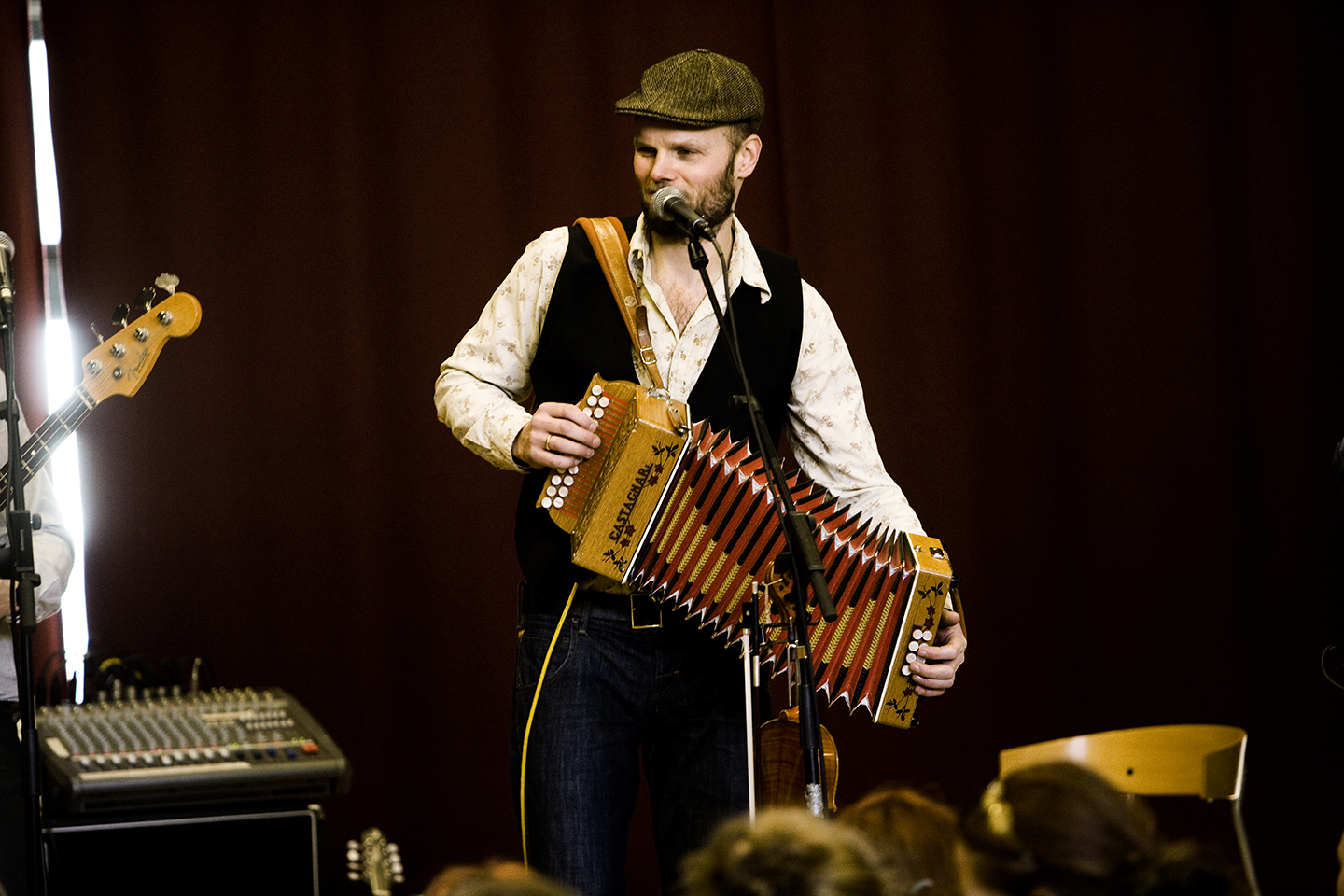Abstract
Singing in one form or another is an essential feature of musical development and behaviour. In each age phase (infancy, early childhood, older childhood, adolescence), the human voice has a distinctive underlying anatomy and physiology that is capable of producing a diversity of 'singing' behaviours. At any age, development can be supported or hindered by a number of factors, such as the appropriateness of a given singing task set by an adult in relation to current singing capabilities, the expectations of peers and/or the value placed on singing within the immediate culture. Opportunities to engage in vocal play and exploration, to share in singing games with peers and 'experts', as well as to improvise and compose their own songs are essential features of musical cultures that foster singing development.
By Graham Frederick Welch, University College London. Singing and Vocal Development appeared in the 2006 publication "The Child as Musician: A handbook of musical development" edited by Gary McPherson.
Photo: Christian Brandt



Leave a Comment